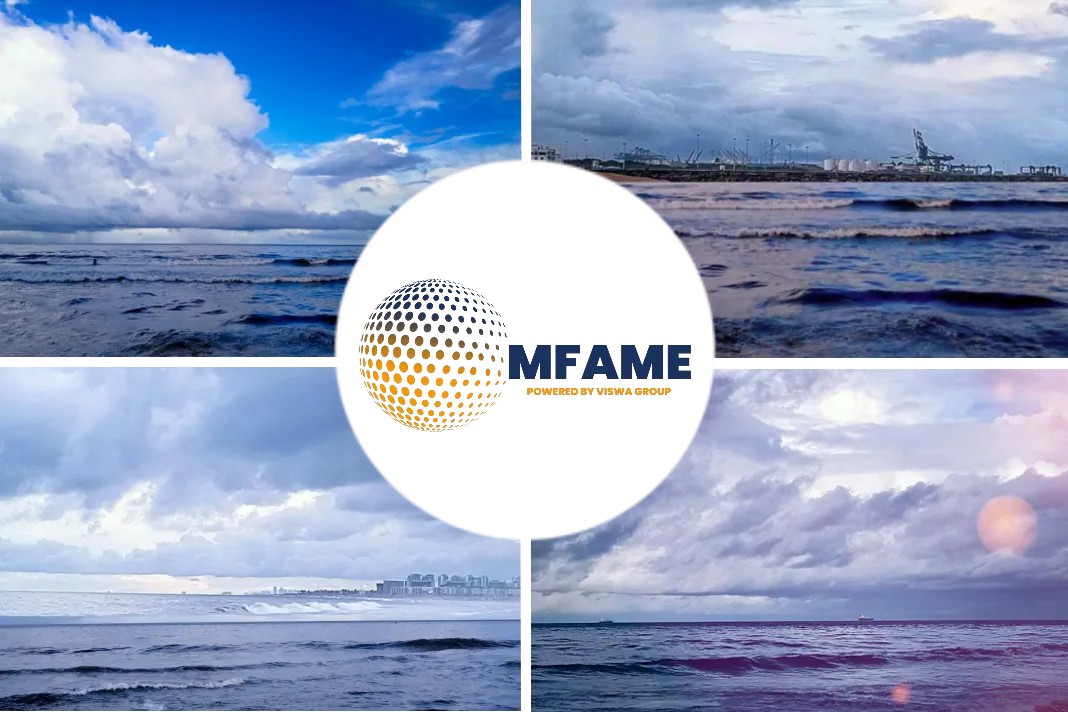- The gas shipping sector achieved its 50-year record due to exceptional safety standards.
- Human error and regulatory assessment continue to cause gap in developing standards and regulations.
- Safety issues pose as serious risks for the sector.
New operators entering the small-scale LNG bunkering sector have a responsibility to uphold the gas sector’s safety record, according to a representative from the Society for Gas as a Marine Fuel (SGMF).
What is changing?
Not all new operators are as prepared as they should be to meet the standards that have helped the gas shipping sector achieve its 50-year safety record, SGMF senior technical advisor Gianpaolo Benedetti told the LNG World Shipping Ship/Shore Interface Conference in London.
Where are the risks?
When posed with the question about the greatest risk to the sector, Mr Benedetti said, “The risk is… this sector is based on safety. Safety that SIGTTO, for over 50 years, has been there to promote. There are new players coming into the industry. Not necessarily all these new players are well prepared.”
“It’s your responsibility to watch out,” he said, directing his comments at those new players, “not only for your own operation, your own benefit, but for the whole industry. That, for me, is the important message.”
Liquefied Gas Consultancy principal consultant Chris Clucas, who was moderating the panel, agreed. “The founding president of SIGTTO made a statement,” he said, and then paraphrased. “The continued safety record of the industry is its license to operate. The industry’s reputation is at the mercy of its lowest-quality operator, and it’s our job to make sure that even the lowest-quality operator is reaching a certain level of standard.”
Challenges to new rules:
When asked where the biggest gap in developing standards and regulations lay, Mr Benedetti cited human error and regulatory assessment. “I think, in reality, the biggest gap is still the human factor… We have twofold challenges with people, from my point of view – training and how you create this expertise is still a gap and [there is] still a gap on the regulation side with how we assess.”
Did you subscribe for our daily newsletter?
It’s Free! Click here to Subscribe!
Source: LNG















![[Watch] Crazy Power Needed to Move World’s Largest Containerships](https://mfame.guru/wp-content/uploads/2023/11/mfame-tanker-100x70.jpg)

